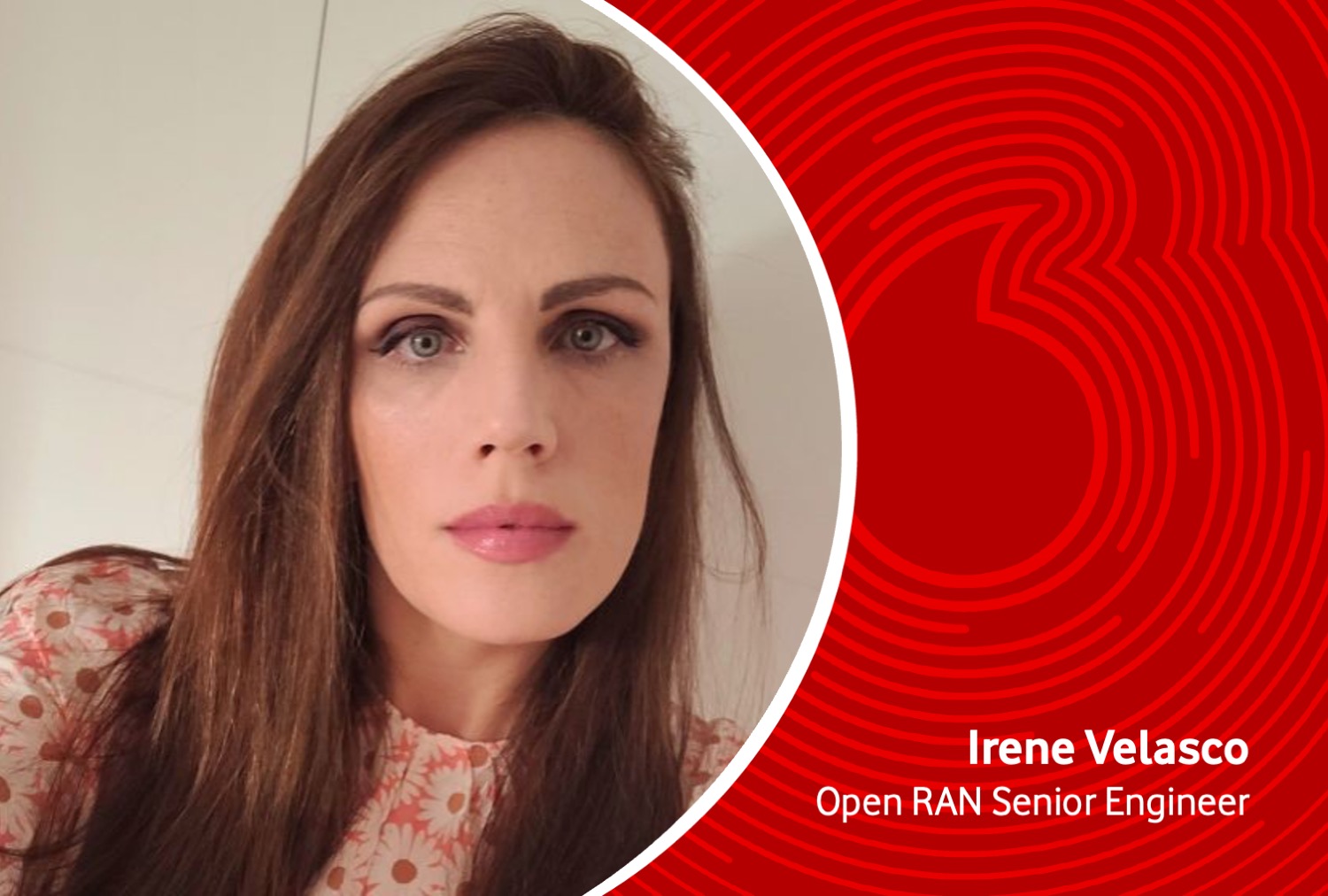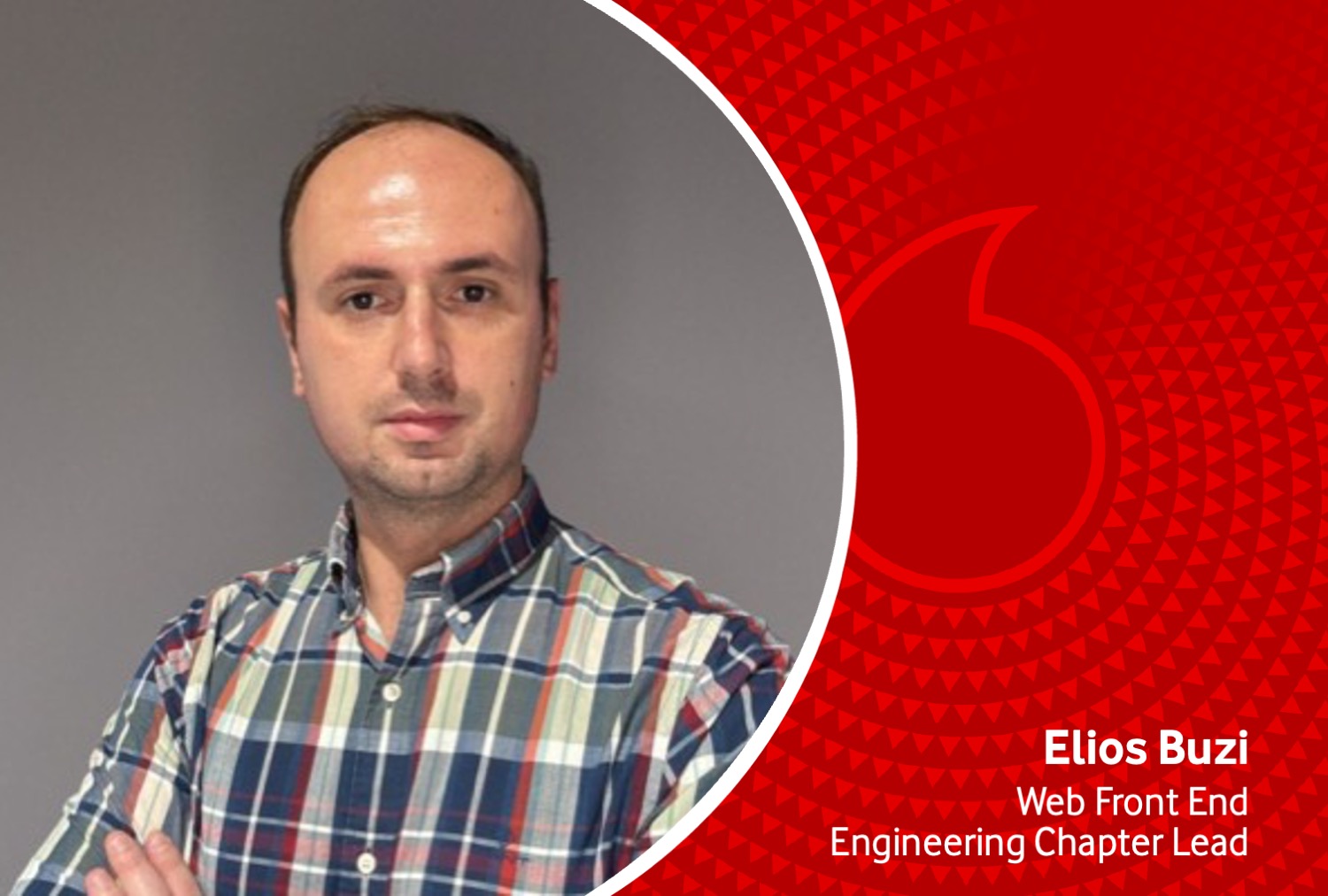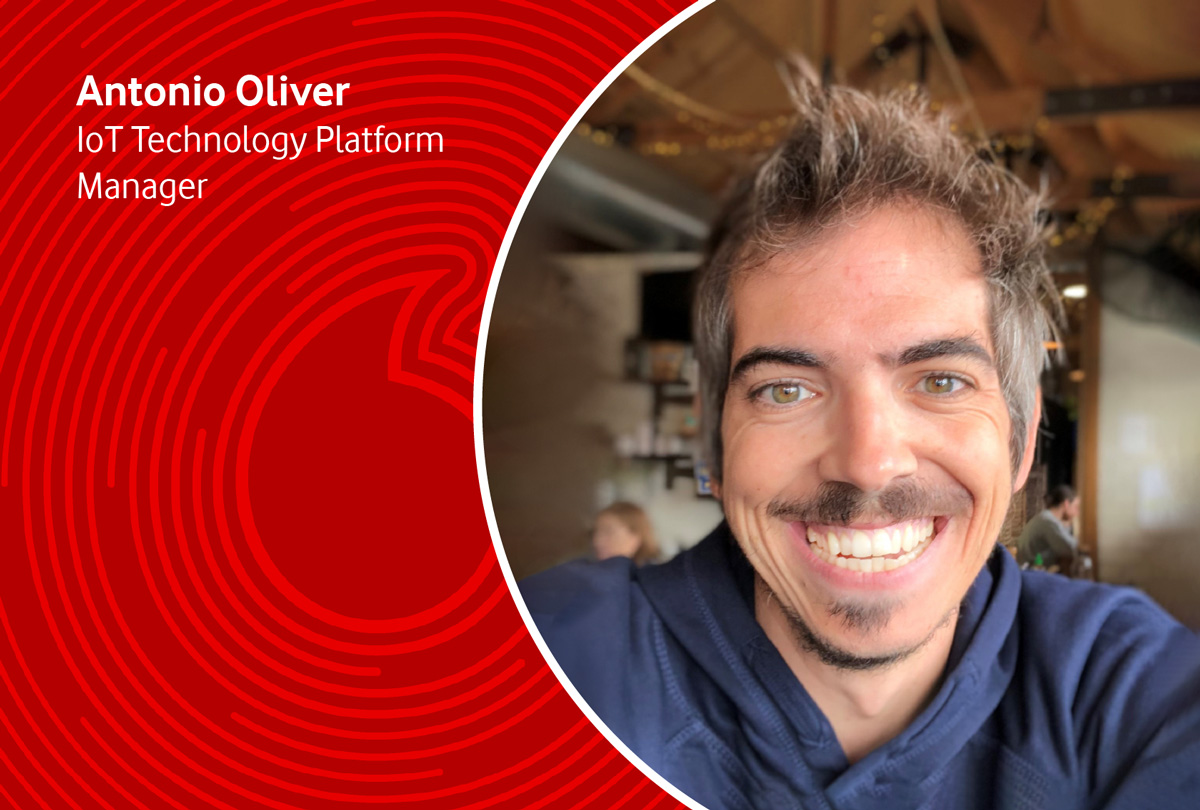TaaS: A transformative telecommunications technology
TaaS stands for ‘Telco-as-a-service’, a concept that changes the way in which telecommunications are delivered. For Vodafone, TaaS is a cloud-native platform aimed at enabling our software development community to transform us from a traditional telecommunications company to a tech communications company.
By 2025 Vodafone plans to have 50% of its global workforce actively involved in software development. It plans to massively accelerate its public cloud adoption and transform its on-premise technology to private cloud. The upshot is that there will be a massive demand for cloud native development, test and production ecosystems. These ecosystems have historically taken customers months to engineer, but with the self-service auto-provisioning – the heart of TaaS – we plan to turn months into minutes.
The focus for my team and I isn’t on the end user. Our customer is instead the software developer, as the development experience forms the core of the TaaS concept.
Allowing software developers to auto-provision complex ecosystems of cloud infrastructure, cloud services and DevSecOps pipelines to form a simple self-service portal, to have this pre-integrated, pre-tested and security pre-approved, and to deliver all this in minutes, allows our software developers to deliver value instantly and effectively. Long lead times for infrastructure and environments could become a thing of the past.
Speaking as a former Java developer, TaaS essentially does away with the major frustrations I used to experience. It’s a completely new – and far better – way of working.
How TaaS will change Vodafone’s technical approach
Such a fundamental change to our company will demand a change of approach on multiple fronts.
There will need to be a fundamental change in our approach to architecture. The concept behind TaaS is to develop stable, flexible, pre-approved architecture patterns and then auto-provision these using a self-service portal. ‘Pre-approved’ encompasses a wealth of security and privacy considerations, which will inevitably drive us towards using standardised architectures that embody best practices. We therefore need to invest in architecting reusable platforms, rather than the individual applications running on these platforms.
In terms of hosting, Vodafone are looking to move away from on-premise virtualization and in two new directions:
- Replace on-premise virtualisation with private cloud platforms.
- Develop any new cloud applications in secure virtual private clouds running on public cloud providers such as AWS, Azure and GCP.
These new cloud applications will be assembled from reusable TaaS-hosted APIs and microservices that conform to the new Vodafone Open Digital Architecture (V-ODA) standard. The standard allows different Vodafone teams to build different cloud application components and share them via common TaaS repositories.
Should all telecommunications companies move to TaaS?
While TaaS is the direction in which Vodafone is heading, should other telecommunication companies follow suit? To my mind, this is a question that more than just telcos should be asking themselves.
The need to innovate and transform isn’t limited to telecommunications companies. Any major enterprise that wants to stay relevant needs to transform. Emerging digital products and services delivered on platforms like TaaS are rapidly becoming imperative for industry leaders like Vodafone – as important, if not more important, than an enterprise’s traditional operating assets.
I think we need to reframe the question above as an opportunity rather than an obligation. Should an enterprise look to bring new digital products and services to market quickly, which generate new revenues, and maximise the ROI of traditional operating assets?
The answer to that question is undoubtedly yes. And in TaaS, Vodafone has seen a means to achieve just that.

 Albania
Albania 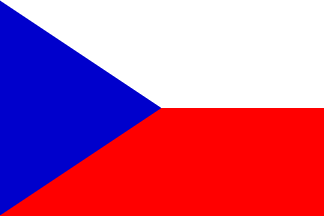 Czech Republic
Czech Republic  Deutschland
Deutschland  Greece
Greece  Hungary
Hungary  Ireland
Ireland  Italy
Italy 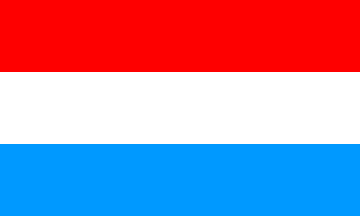 Luxembourg
Luxembourg 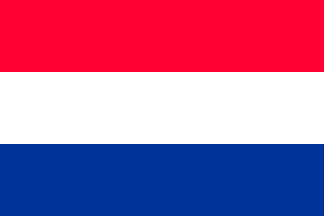 Netherlands
Netherlands  Portugal
Portugal  Romania
Romania 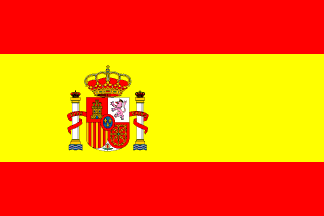 Spain
Spain  United Kingdom
United Kingdom  Asia-Pac Middle East
Asia-Pac Middle East  Turkey
Turkey  DR Congo
DR Congo  Egypt
Egypt  Ghana
Ghana 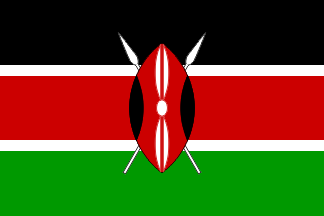 Kenya
Kenya  Lesotho
Lesotho  Mozambique
Mozambique  Nigeria
Nigeria  South Africa
South Africa 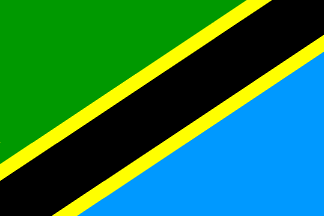 Tanzania
Tanzania 
